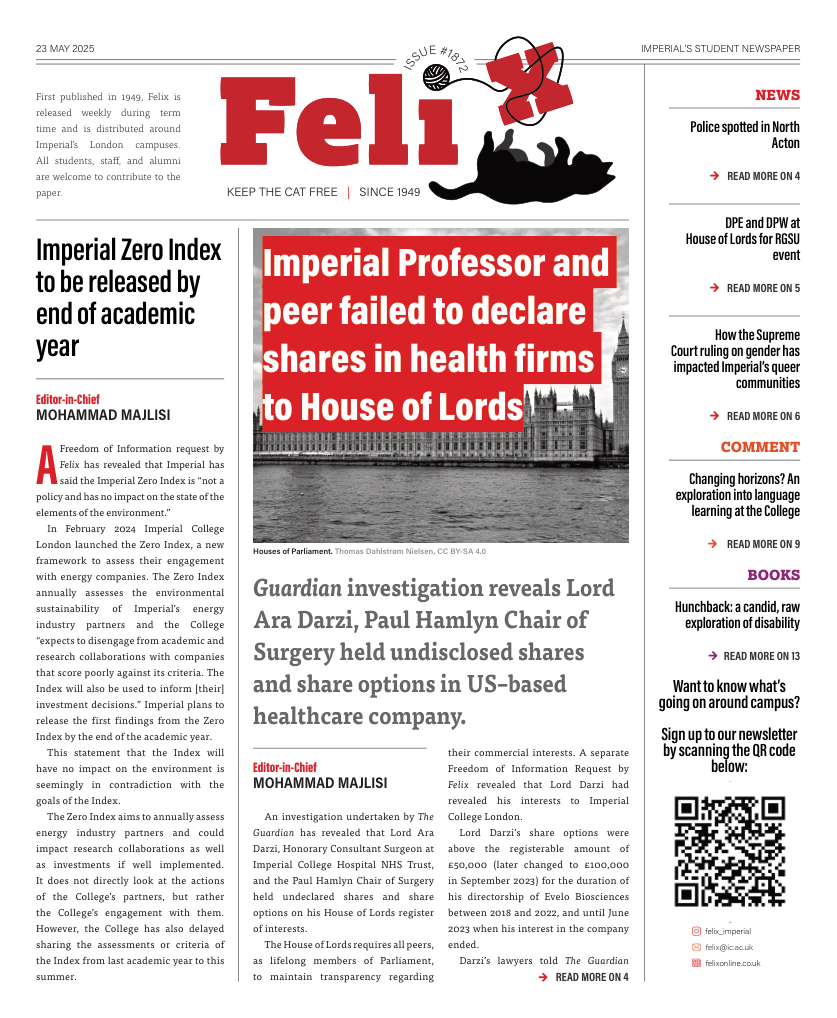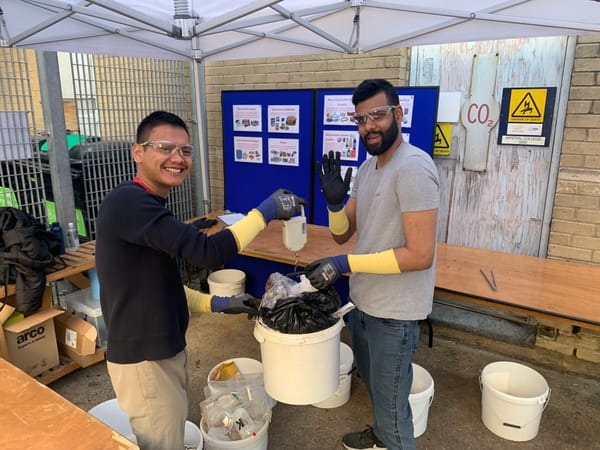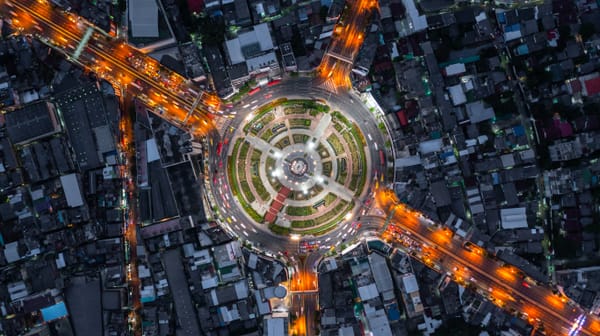Stopping climate change is impossible without first stopping rising inequality
A focus on stopping rising inequality is the economic and cultural innovation needed to fight climate change.
It is widely accepted that climate change is caused by greenhouse gases, which are primarily emitted by the burning of fossil fuels. However, it would be unreasonable to assume that polluters are burning fossil fuels because they wish to destroy the planet. They do so because it is profitable. These profits drive the growth of companies, stock markets, and the fortunes of the rich. This connection is why I believe that atmospheric carbon concentrations continue to rise despite the long-held knowledge of climate change and its potential solutions.
Since the 1970s, income and wealth inequality has been rising in the UK. It will likely continue to rise while policies still favour neoliberal, trickle-down economics. As the rich accumulate wealth, everyone else will be "squeezed" out. The governments of the world have already lost their assets, with the UK public wealth dropping from 60% of national income in 1970 to -106% in 2020.
As a thought experiment, consider that inflation-adjusted annual returns for the S&P 500 largest companies in the U.S. is 6-7% over the last 60 years. Wealthy households with their assets invested in a passive S&P index tracking exchange traded fund would then be expected to grow their wealth by this amount each year. How would this scenario simultaneously be true, whilst the growth in real gross domestic product has barely surpassed 2% in advanced economies over the last 45 years? The answer lies in rising inequality – the wealthy outcompete everyone else for resources such as housing, education, and healthcare, resulting in asset inflation and deteriorating quality of life for everyone who is not already rich. Stopping climate change is a low priority when people are fighting for economic survival.
An excellent blog post by Tom Murphy concludes that growth cannot go on forever. The reason why is simple: economics tells us the ultimate shape of the world economy over all time must be S-shaped. A forever-growing economy would require infinite energy inputs, which is impossible – an economy that shrinks over time would lead to the collapse of human society. So, the only realistic long-term trajectory is one in which the size of the world economy plateaus. The question is then, where are we on the curve? Are we still in the early exponential rise, or are we near the plateau? I think the growing negative effects of climate change are indicating we are near the plateau of the ultimate trajectory of the economy. Climate change increases the frequency and severity of natural disasters, evidenced by increases in global insured losses over the last 50 years due to weather-related incidents.
In game theory, The Prisoner's Dilemma seems to explain why rational people are selfish. The Nash equilibrium solution presents that the rational choice for both players is to look out for their own interests. Acting selfishly is, however, the only optimal solution where everyone else is acting selfishly too. In a high-trust society where the norm is cooperation, not individualism, the winning strategy becomes acting unselfishly. Herein lies a solution to climate change apathy.
We need economically progressive policies that reverse inequality. We need cultural shifts away from a profit and growth mindset towards one of sustainability. Lowering inequality enables the public and governments to have the bandwidth to choose actions that fight climate change. The solution is to: (1) Convince the public that inequality is obviously the problem, (2) Lead policymakers to implement economically progressive policies, (3) Convince the public that sustainability is obviously the next step, and (4) Lead policymakers to implement climate change mitigation.









